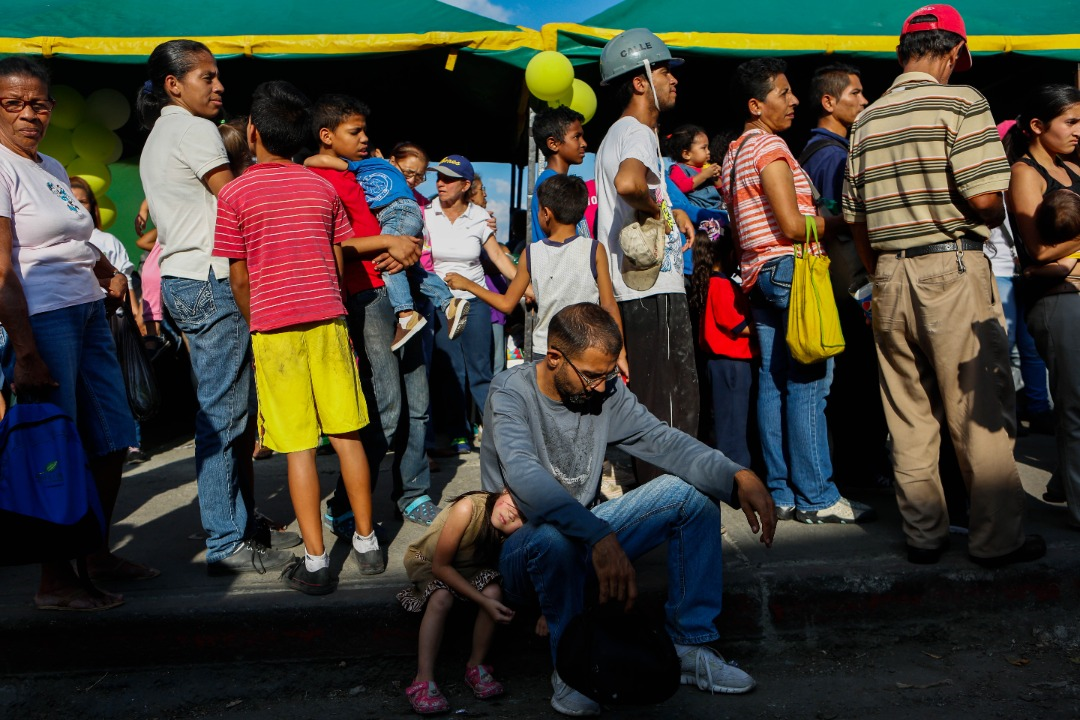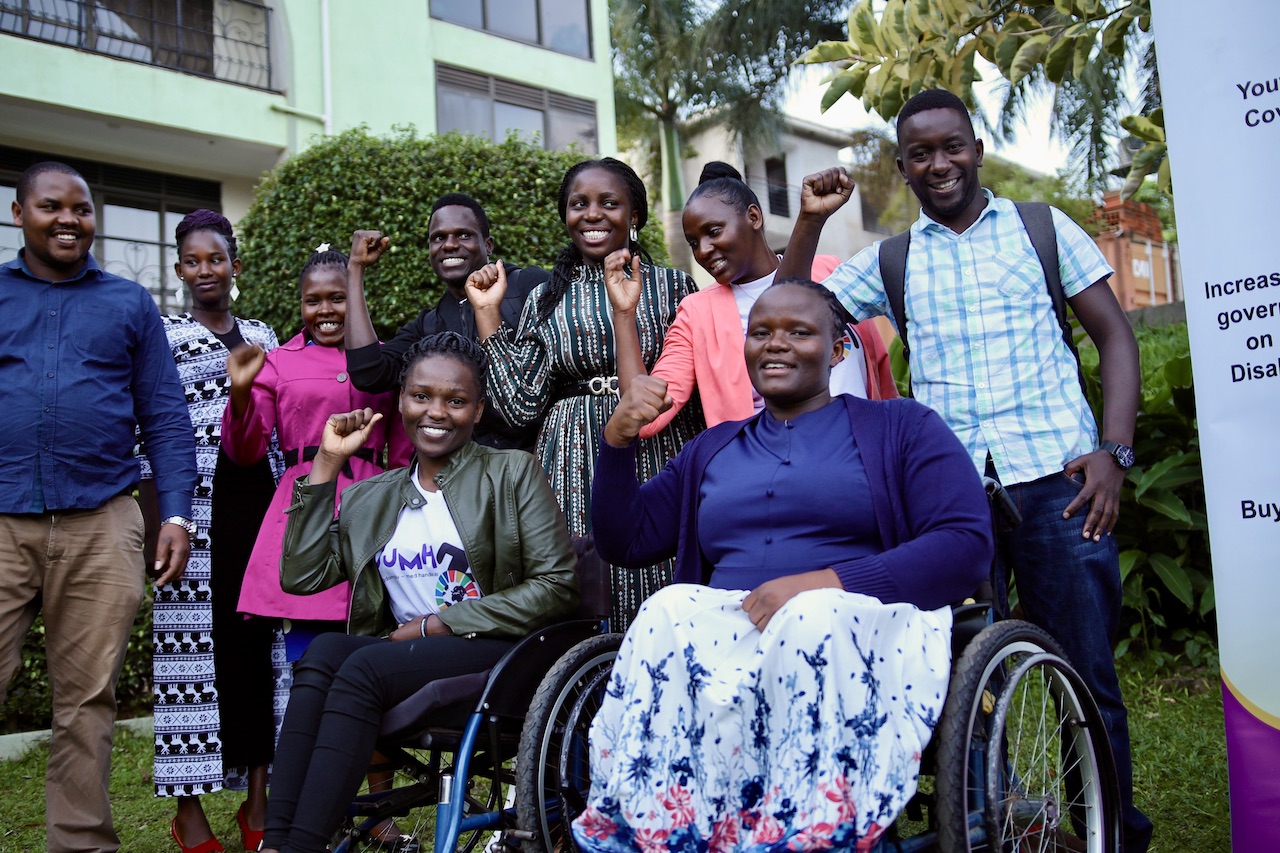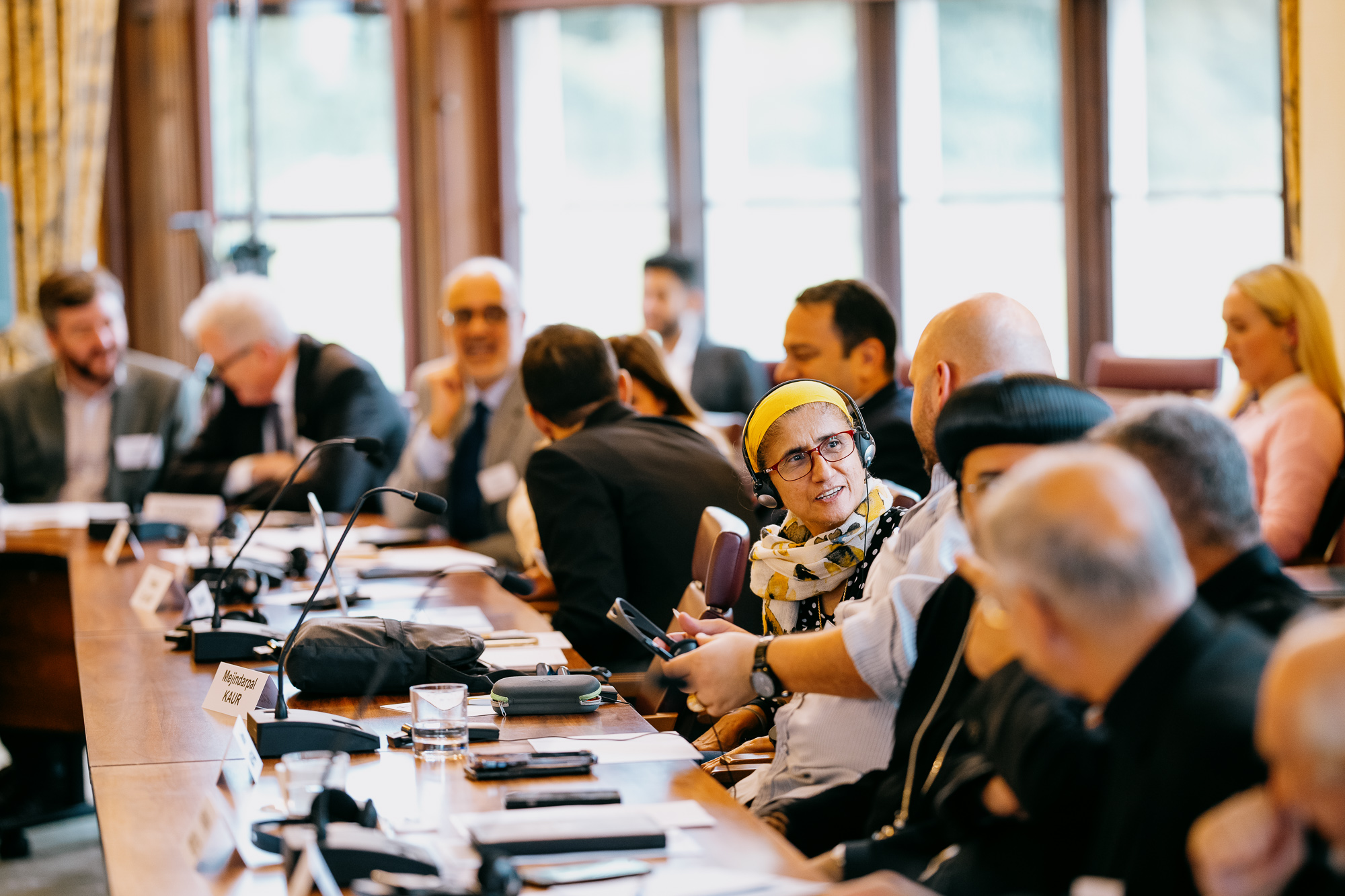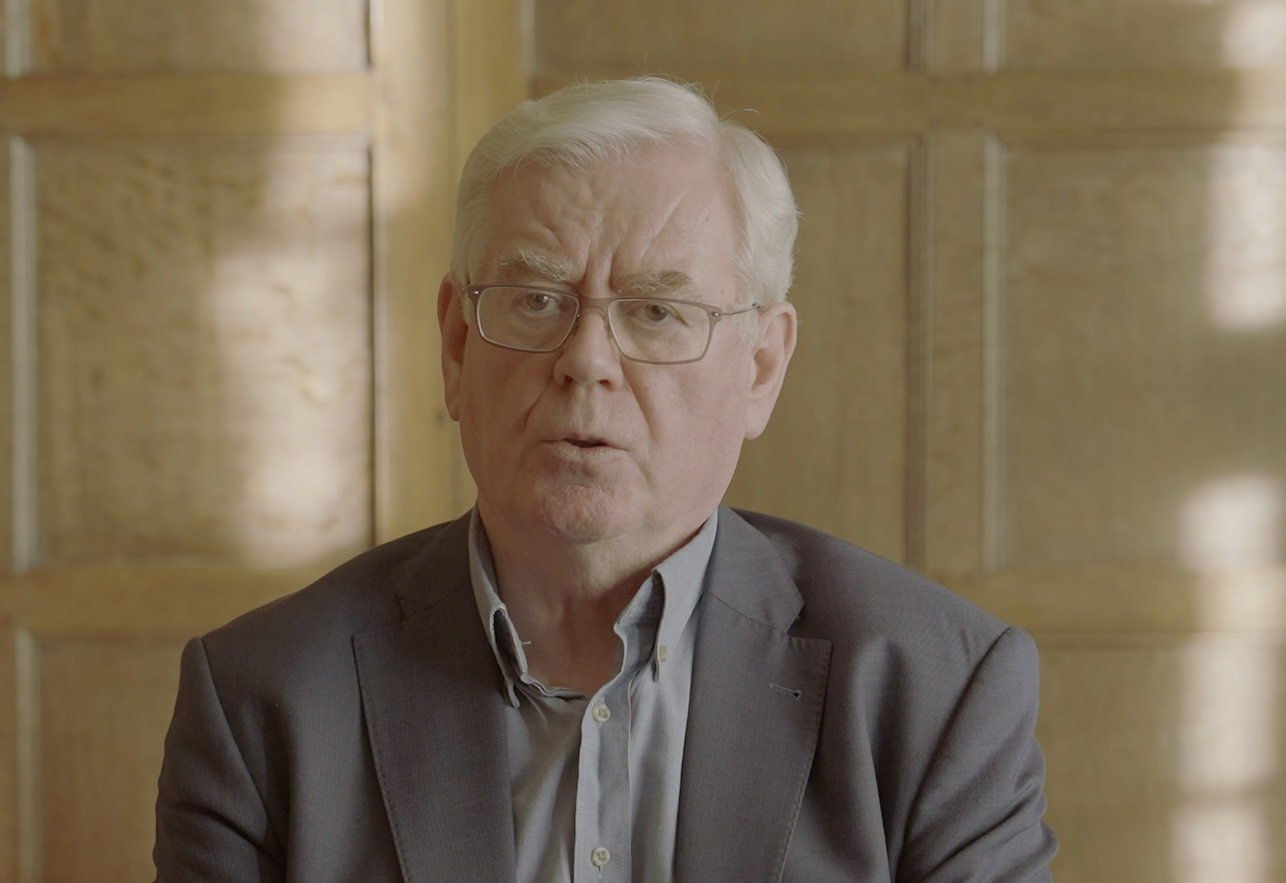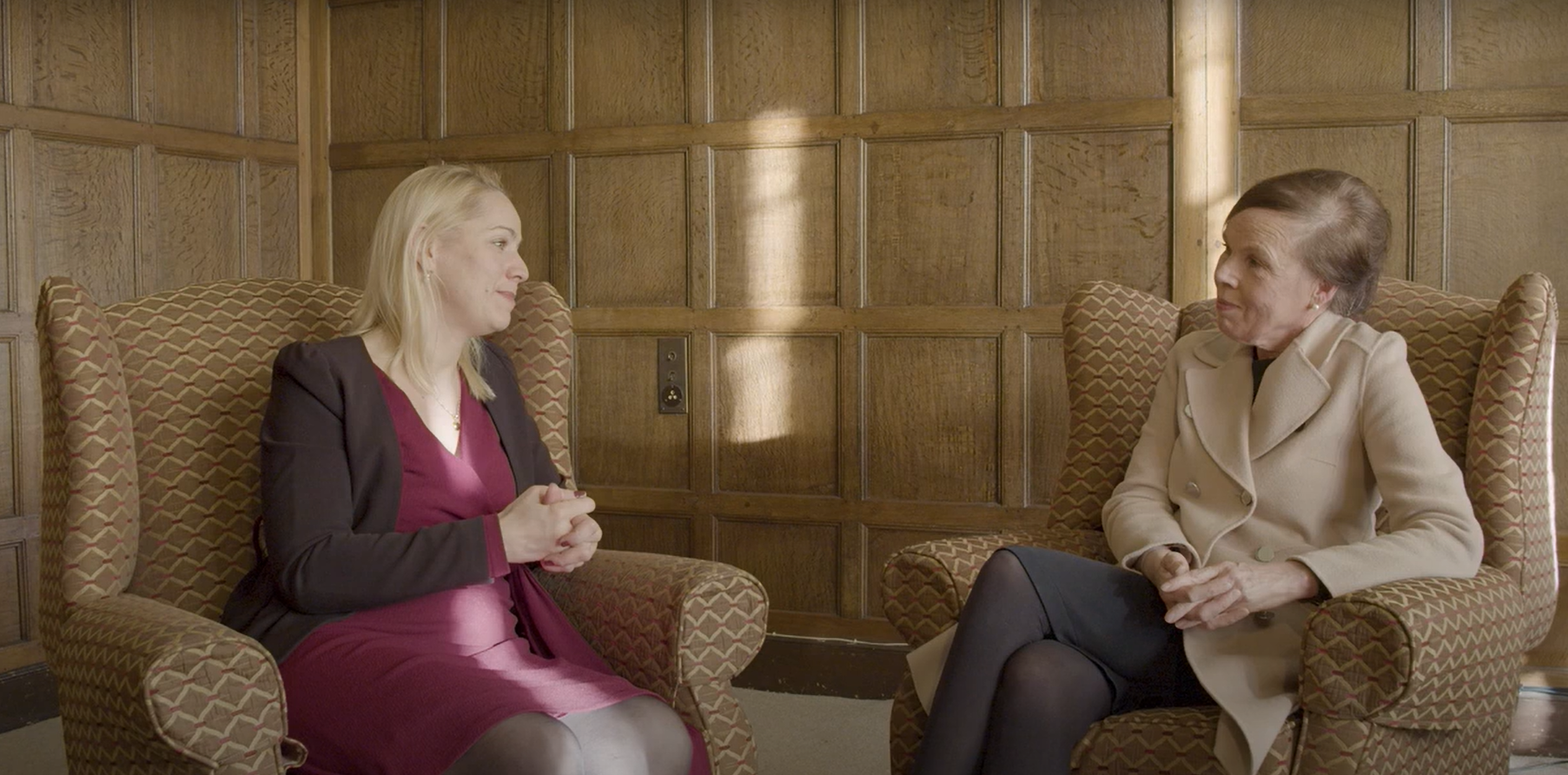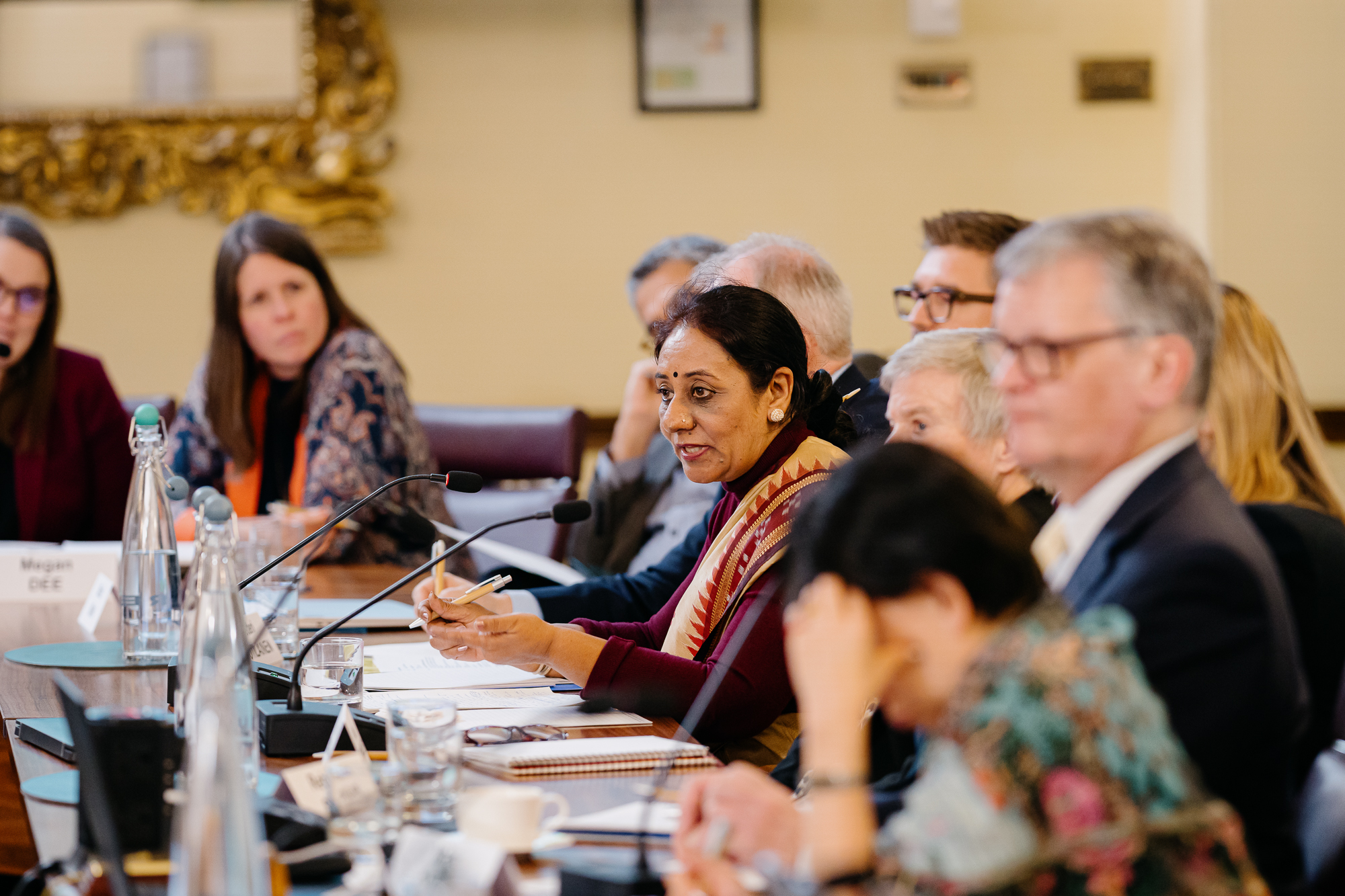Targeted sanctions are vital for upholding norms and promoting international peace and security. When carefully designed and implemented, they can bolster diplomatic efforts and help prevent the resort to war. Yet global concern has increased, in many instances, regarding negative unintended humanitarian impacts resulting from both autonomous and multilateral sanctions. This includes constraints facing humanitarian assistance and wider not-for-profit activities (such as development and peacekeeping), as well as interrupting global trade and finance.
Successful awareness-raising advocacy has led sanctions senders to rethink their design in some cases, most notably in the sphere of humanitarian action. In December 2022, UN Security Council Resolution 2664 created a humanitarian carveout for most UN sanctions regimes. Crucially, the United States joined Ireland in spearheading this campaign. The United States was the first country to implement the resolution domestically, with the announcement of their adoption of General Licences across all of their autonomous sanctions regimes. The important task of implementing UNSCR 2664 now lies ahead.
However, the need for additional policy guidance and other tools for making sanctions smarter was recognised in a Wilton Park dialogue in May 2022. The event brought together leading international sanctions and humanitarian experts and practitioners to examine ways of improving sanctions design and implementation. They concluded that a fundamental rethink of the future use of sanctions is necessary to help safeguard the legitimacy and improve the efficacy of this critical tool. The participants went on to identify the need for an internationally agreed set of non-binding guiding principles (or ‘Code of Conduct’) for actors designing and implementing sanctions, to minimise their unintended negative humanitarian impacts.
The upcoming dialogue will provide an opportunity for a diverse group of stakeholders to provide input on a draft code of conduct. The code aims to improve the implementation of sanctions and reduce adverse humanitarian impacts while complying with international law, including human rights and international humanitarian law.
A working draft will be drawn up in advance by a group of experts who set up the multistakeholder project, Advancing Humanitarianism through Sanctions Reform (AHSR). The draft builds upon recommendations from last year’s Wilton Park event, and a series of sector-specific consultations in 2022-23. The dialogue aims to discuss this new code of conduct and its set of voluntary guiding principles on the imposition of sanctions.
These principles aim to help governments and organisations to better evaluate, assess, avoid, and mitigate unintended humanitarian impacts, while forging a stronger understanding of ways to increase the effectiveness of sanctions regimes.
The event is held in partnership with the Fourth Freedom Forum and Open Society Foundations.
In partnership with

